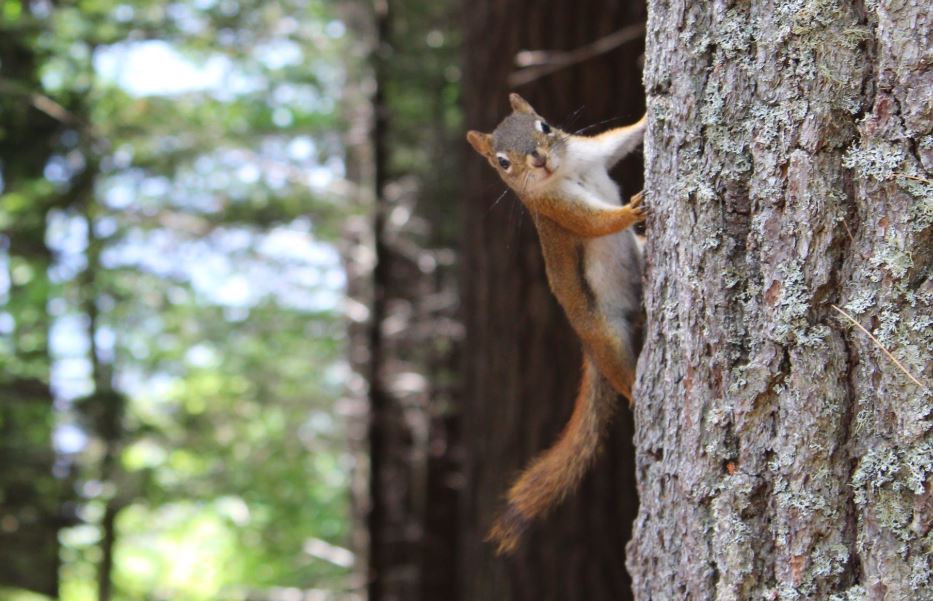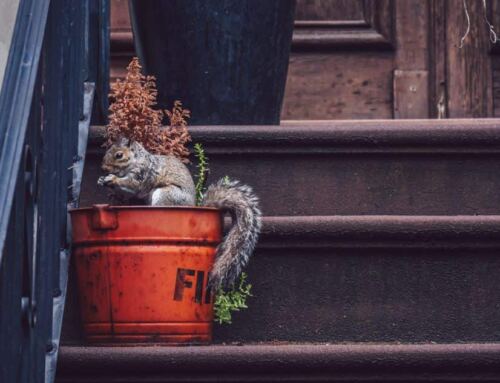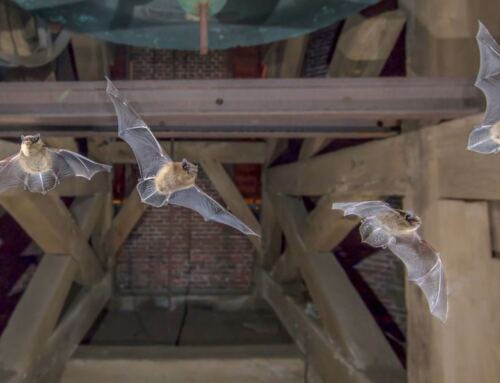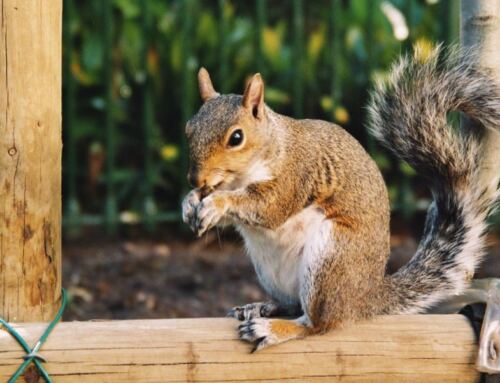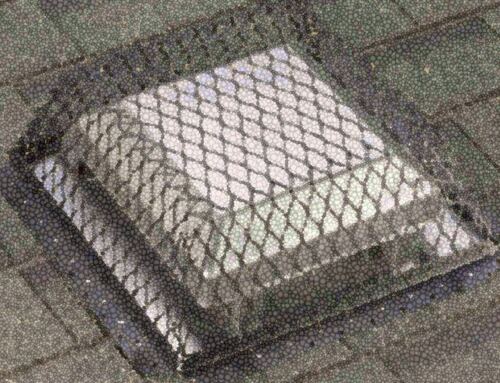As the weather warms up you might start seeing more wildlife hanging around your yard and trying to get into your home. Spring is baby season for many animals, so there’s a good chance they will be looking for a safe place to nest in order to prepare for their upcoming litter.
Though they may be cute from a distance, wild animals can be quite the pest if they make themselves comfortable in your space! Not only are they potential carriers of diseases, they can damage your home and leave you with difficult to repair issues.
It is easier to prevent them from getting comfortable than it is to get them out once they’re in, so follow this checklist to make sure you are protected as much as possible.
Your Prevention Checklist:
Do regular inspections of the exterior of your home
- Look for possible entry points like broken siding, cracks in your foundation, and holes around doorways. Even the smallest holes leave your home open to infestation!
- Inspect around the base of your roof and chimney for weakened or rotted wood, ripped shingles and an uncovered chimney. Install a chimney cap if necessary.
- Look closely at any vents, pipes or cables going in or out of your home. These provide holes that animals can squeeze though, or make bigger. Install vent covers as needed.
- Watch for any possible water damage as this can weaken areas, offering wildlife an easy place to create an entry point
- Ensure any windows seal completely, especially to your attic– a favourite sport for a mother to build her nest!
Stay on top of tree growth
- Any trees or branches that grow too close to your home should be kept trimmed or taken down altogether to prevent animals from using them to get onto your roof
Do you have trouble keeping pests out of your home? Whether its raccoons, squirrels, bats or another animal – contact the pros serving Oakville, Burlington and Halton Region!
Don’t leave food or water out
- If you feed a pet outside, make sure their food and water dishes are clean or removed when they are done.
- Clean up any fallen seeds or nuts from bird feeders.
- Pick up any fallen fruit from trees in your yard to discourage animals from eating them.
Keep your garbage bins sealed
- Ensure the lids are sealed tight and weighted down. Raccoons especially are ruthless if they catch the scent of food.
- Clean the inside of your garbage bins periodically.
Keep your compost covered and sealed
- This is especially important if you put any meat scraps, bones or grease in your compost.
Protect your ponds & gardens
- A fresh water source is the most likely thing to draw in wildlife, so keep ponds covered and fish protected, especially at night.
- Build a fence around your garden beds, especially if you grow vegetables.
Keep your yard picked up
- Do regular inspections to pick up any debris fallen from trees that small animals could use as hiding spots
- Store wood piles away from your home and fence
- Install a mesh fence around the base of your shed and deck to prevent burrowing.
Wildlife Entry Prevention is key!
Of course, there are steps you can take to remove wild animals once they have gotten comfortable on your property, but the easiest course of action is to prevent their comfort to begin with. If you find yourself unsure of the steps to take, you can always call a professional to give you an assessment.

